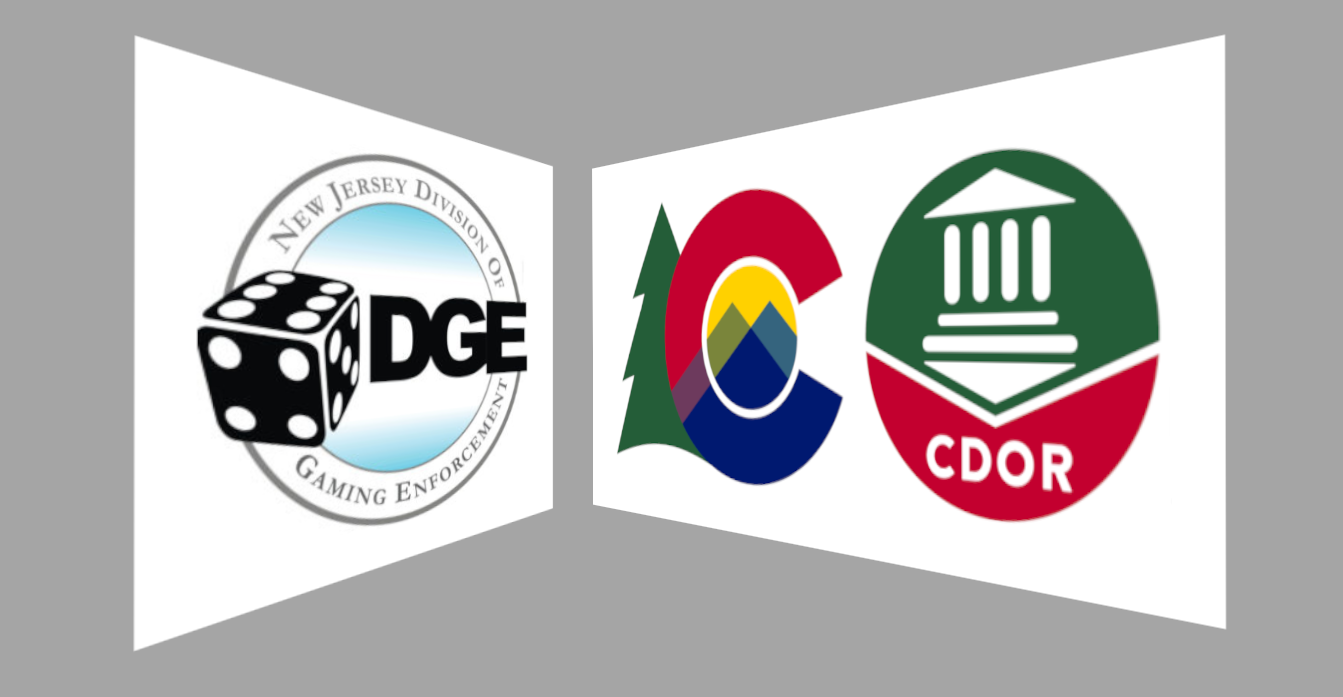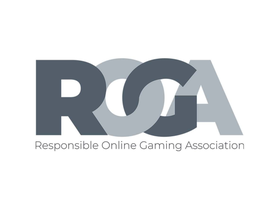During a recent iDevelopment and Economic Association (iDEA) conference, US regulators expressed some concern over the volume and accuracy of advertising in the American market. During a webinar on The Do’s & Do Not’s of Advertising and iGaming, several speakers mentioned ad saturation as a real problem in the market.
In addition to the saturation issue, the the iDEA presenters also pointed to the accuracy of ads as well as the necessity for clear responsible gambling language. They warned operators that general ads intended for a national audience are more problematic than ads targeted to specific jurisdictions.
The panel pointed to a glut of advertising in recent times, and noted that the volume was higher than expected. Colorado Division of Gaming (CDG) Director Daniel Hartman said “What we’re seeing is a lot of ads. And we’re starting to get a little bit of feedback from legislators and other folks that there’s too much—that they really didn’t expect this much [advertising].”
He also added that some of the new advertising appears to be skirting specific jurisdictional rules around responsible gaming. While there was no accusation that any of this was deliberate, Hartman pointed to national ads that weren’t targeted specifically enough, and so missed complying with specific local regulations.
“What we’re seeing are national ads that don’t go through the same filter of compliance.” That applies both to responsible gaming language as well as more general accuracy, as the panel also pointed to the accuracy of advertising around promotions as problematic recently.
Too Much Advertising
The main complaint expressed by the regulatory panel centered on the glut of advertising recently. Dave Rebuck, director of the New Jersey Division of Gaming Enforcement (NJDGE), was also on the panel and noted that the recent advertising glut coinciding with the start of the NFL season reminded him of the ad wars by fantasy sports operators in 2015.
That year saw the market flooded with ads as fantasy sports operators competed for customers. That flood led directly to more regulation in the space, and Rebuck warns the same thing could be on the horizon if operators don’t smarten up.
“That’s a lesson to be learned,” he said. “If the industry does not control itself, the government will step in and certainly create standards that they may not want.”
Responsible Gambling Drops to the Sideline
Another concern expressed by the panel revolved around jurisdictional requirements for language addressing responsible gaming. While there is a general requirement for gambling operators to promote responsible gambling, specific verbiage and language requirements vary from state to state.
CDG Director Hartman noted that operators seem to be trying to get local bang from a more general buck. “What we’re seeing are national ads that don’t go through the same filter of compliance. States have different laws and different things you can bet on. They really need to make sure that they target what’s going on in the state they’re advertising in.”
Hartman pointed out that while large national ads are easy and cost-effective, individual states have specific requirements that may not be met. “If you’re not putting it through the same compliance filter that you have for licensing, you’re going to miss the things that are important in our state.”
Rebuck echoed that sentiment, and warned that some regulation might be forthcoming, but that operators would be involved. “The advertisers need to be at the table when those changes are going to be made. This is going to be more than just a state-by-state process. I would suggest the advertisers focus on this as one of their primary needs to deal with in the long term.”
Promotional Accuracy Also a Concern
Both Rebuck and Hartman pointed to the issue of accuracy in ads for new promotions, but Rebuck was most vocal on it in reference to the New Jersey market. He noted that the regulators started with a very direct role in the approval process for promotions in the state.
For the first two years of regulated gambling in New Jersey, the state body reviewed and approved every promotion offered in the state. “It was overwhelming. I thought that after two years, we at least had people that understood what our expectations were on promotions.
“But it got to a volume where I needed to move people off. Now, instead of having a proactive way of providing approvals on promotions, we react.”
Rebuck said customers’ main complaint was that they didn’t fully understand the requirements of promotions. One specific problem Rebuck pointed to was an unchecked marketing department.
He noted that unchecked marketing “can get you in a lot of trouble because [marketing has] different objectives, different views on how to do things, and sometimes they don’t have the understanding of the compliance people.”
Over all, the recent iDEA panel would seem to be a warning shot for operators. Regulators have identified accuracy, compliance, and volume concerns with industry players, and both Hartman and Rebuck point to the possibility of further regulatory oversight.
Rebuck was the one who said it the most clearly, a point he made directly regarding volume and accuracy specifically. “If they act unchecked it will be checked, but not in a way that they will really be happy with.”
The take-away message for operators should be clear. Clean up your own house, or regulators will do it for you.




